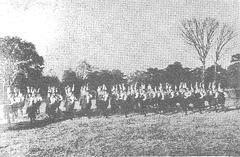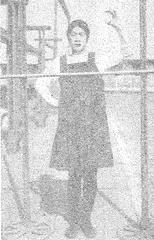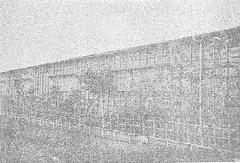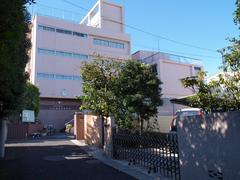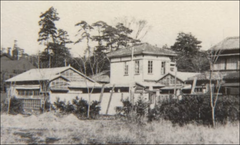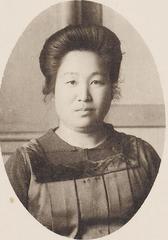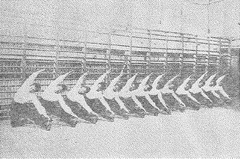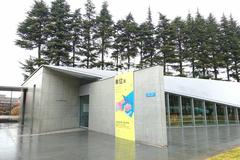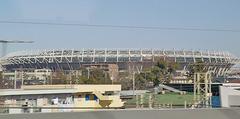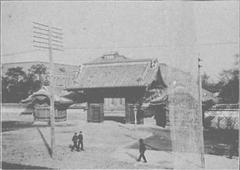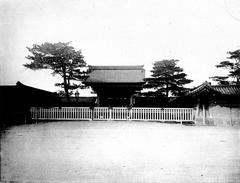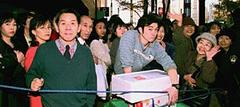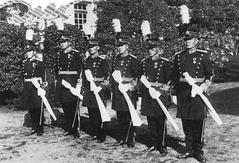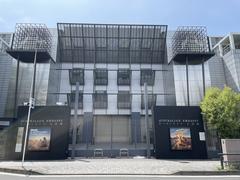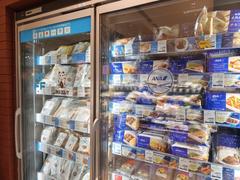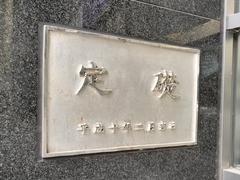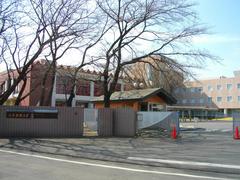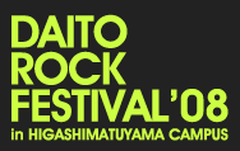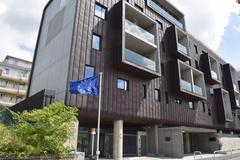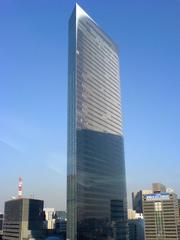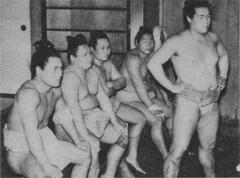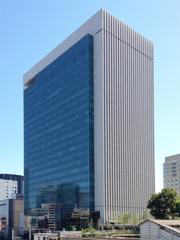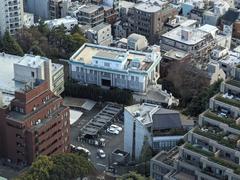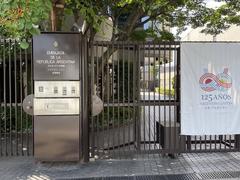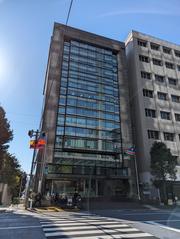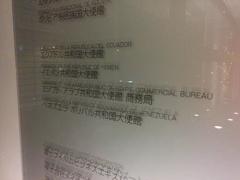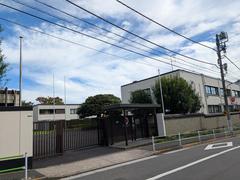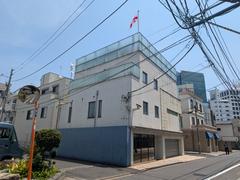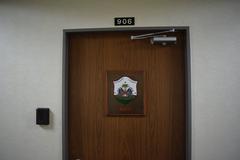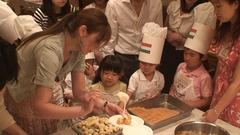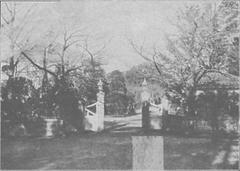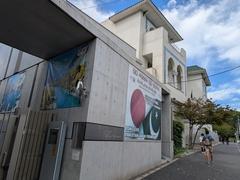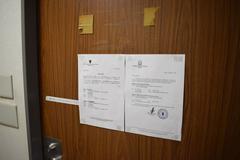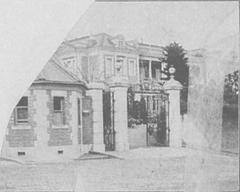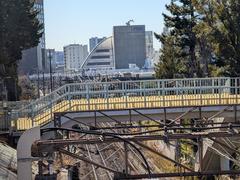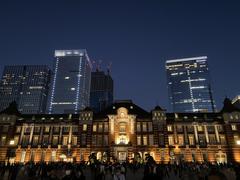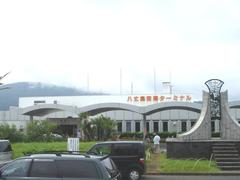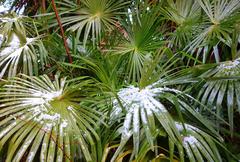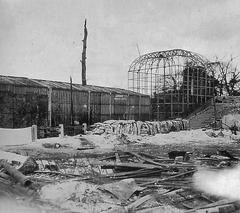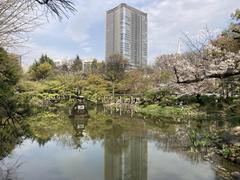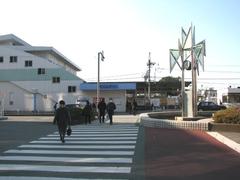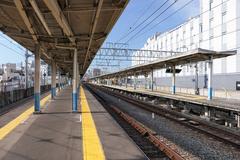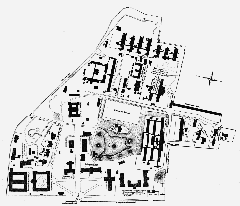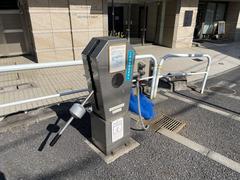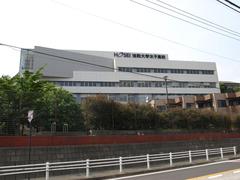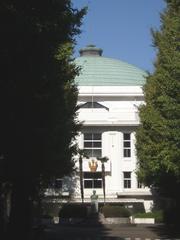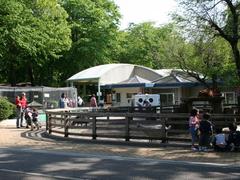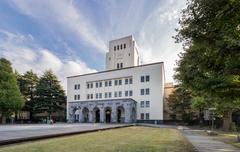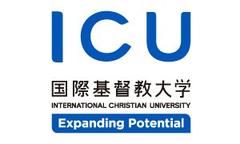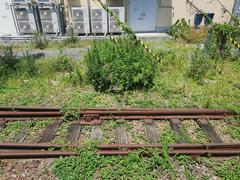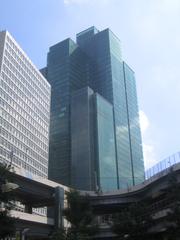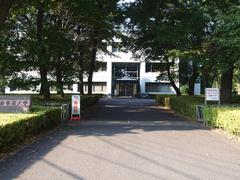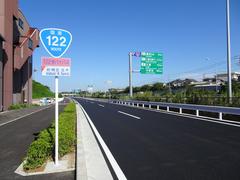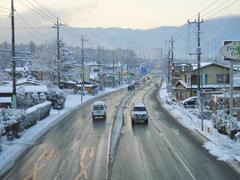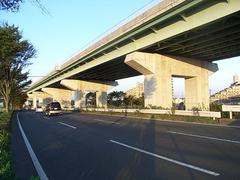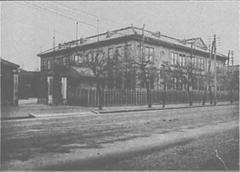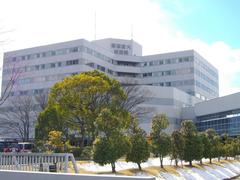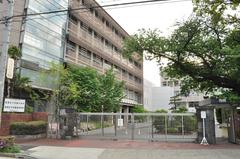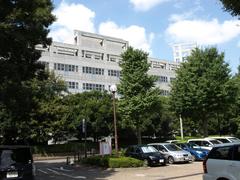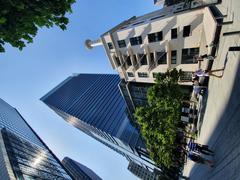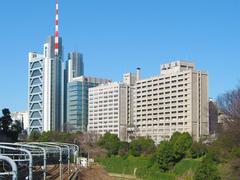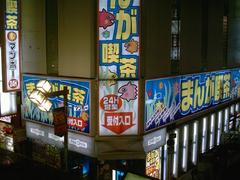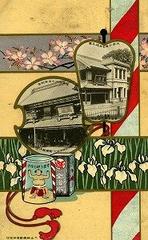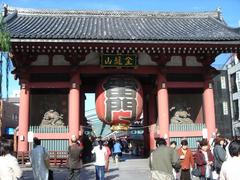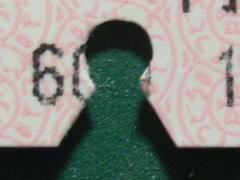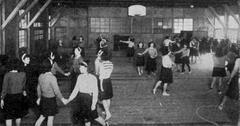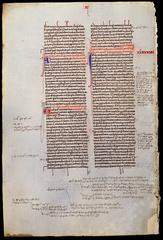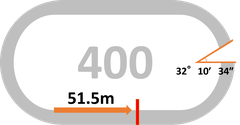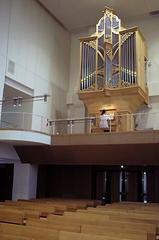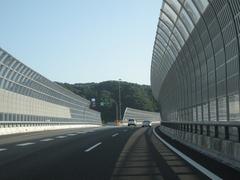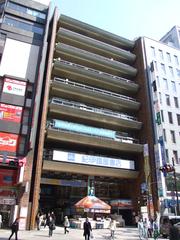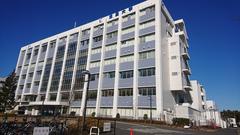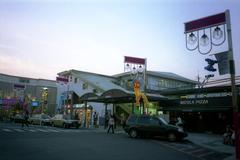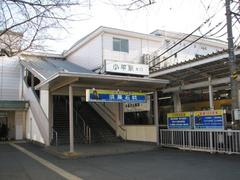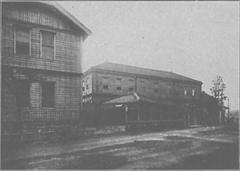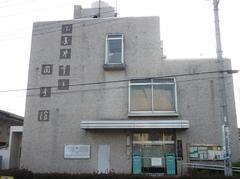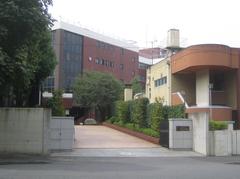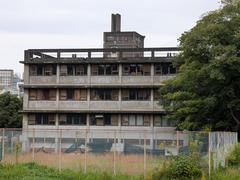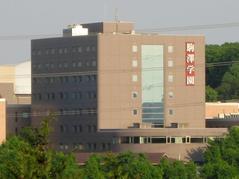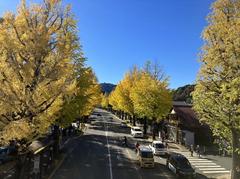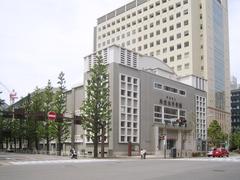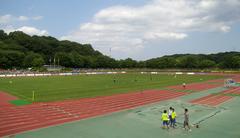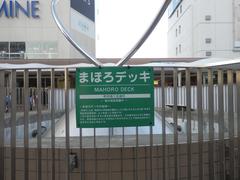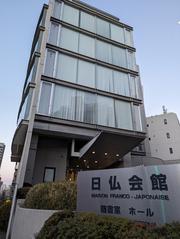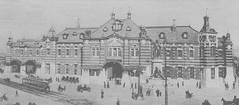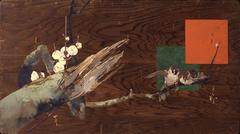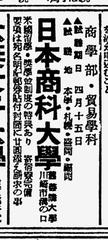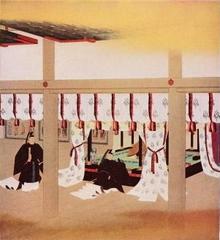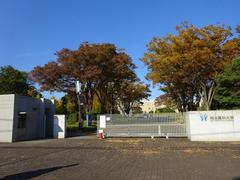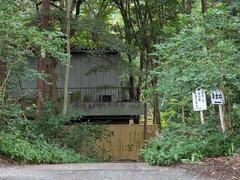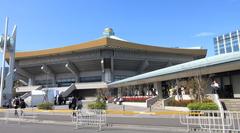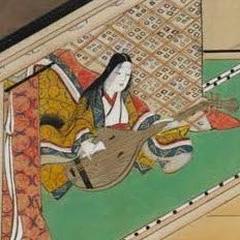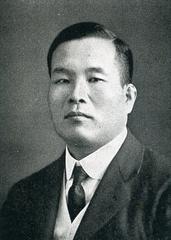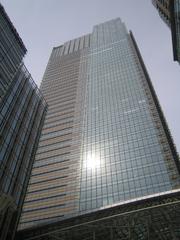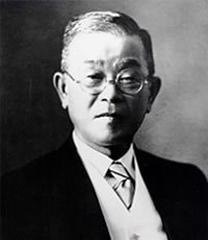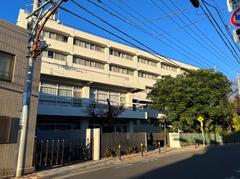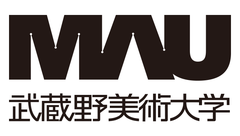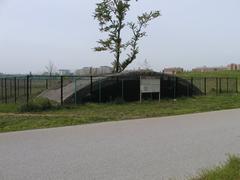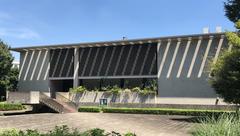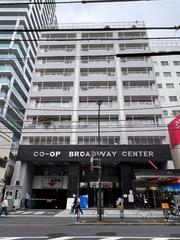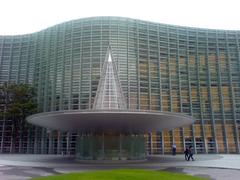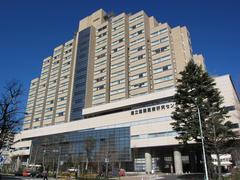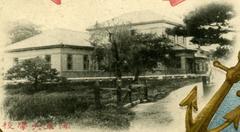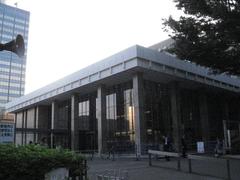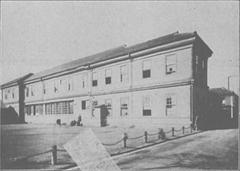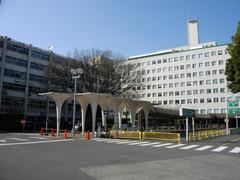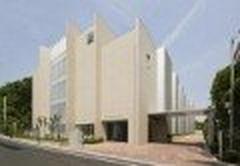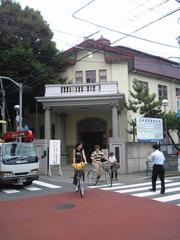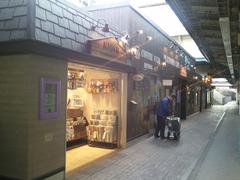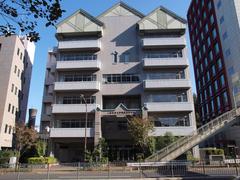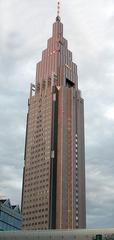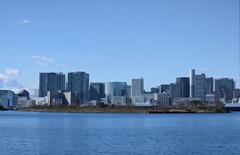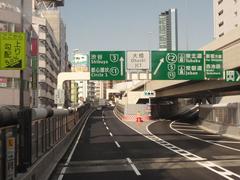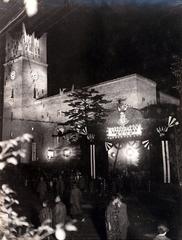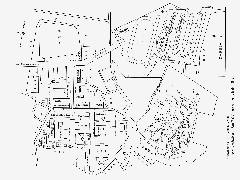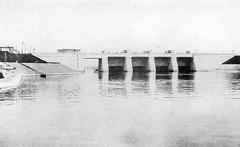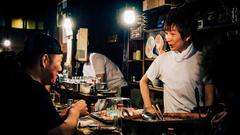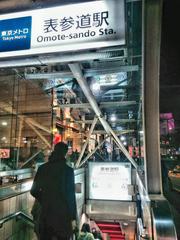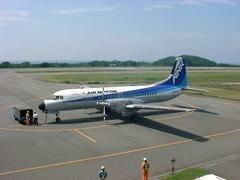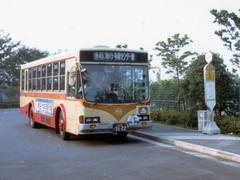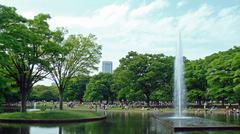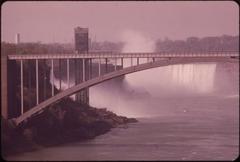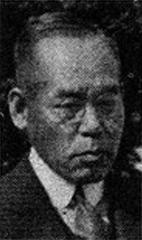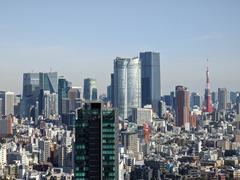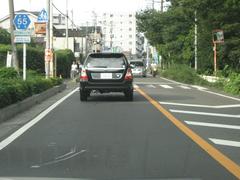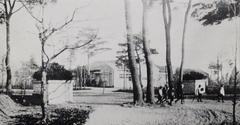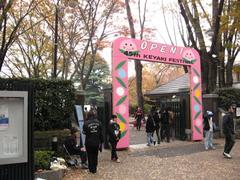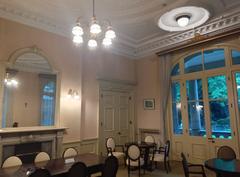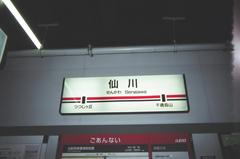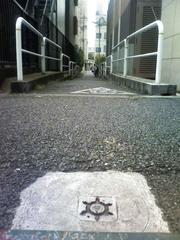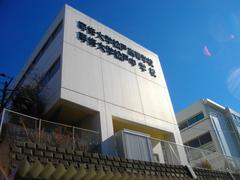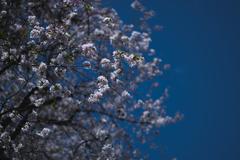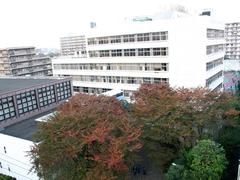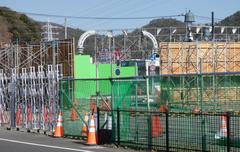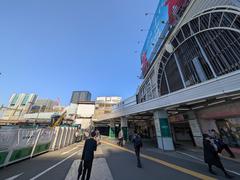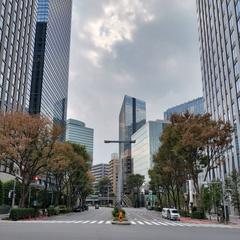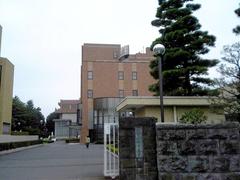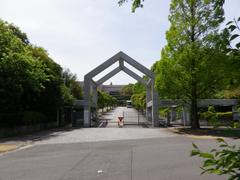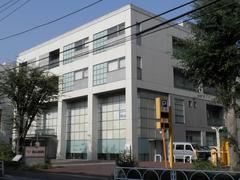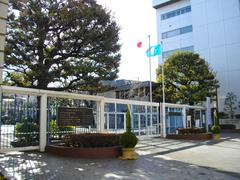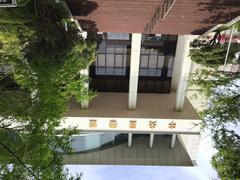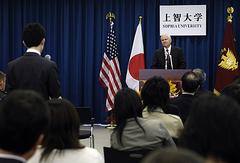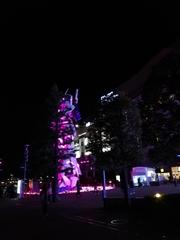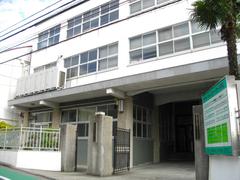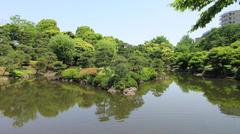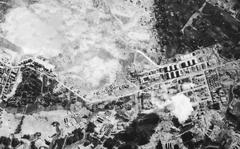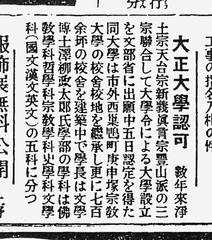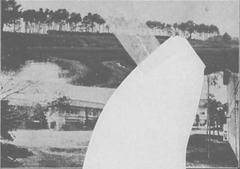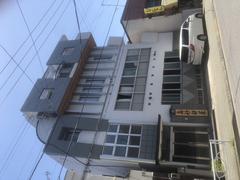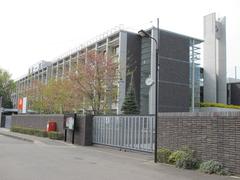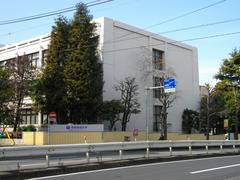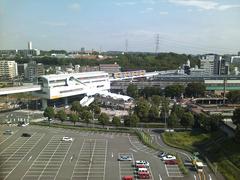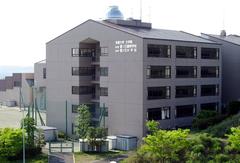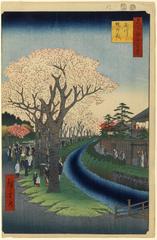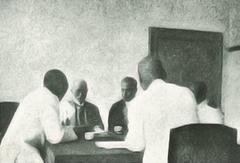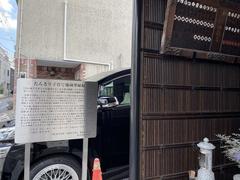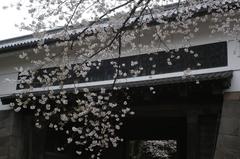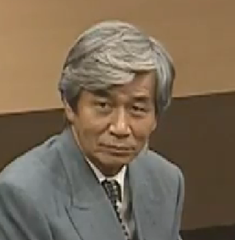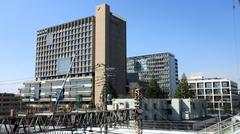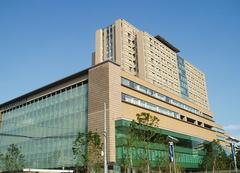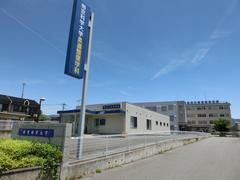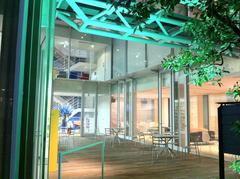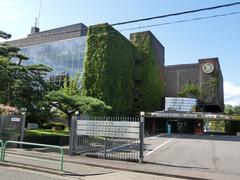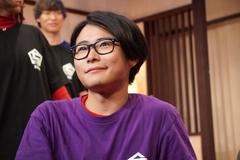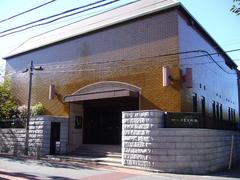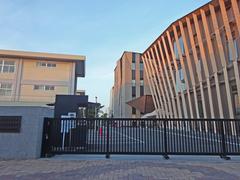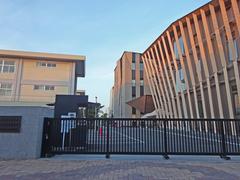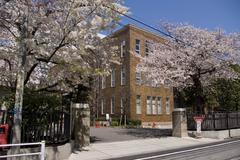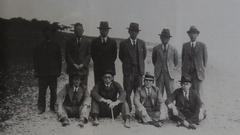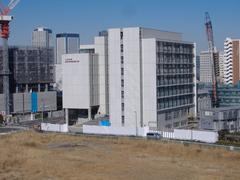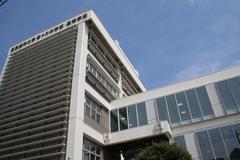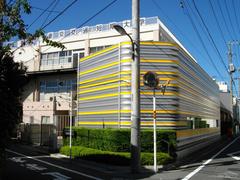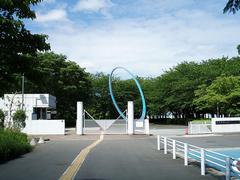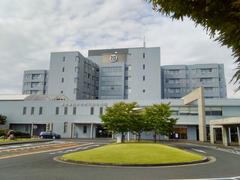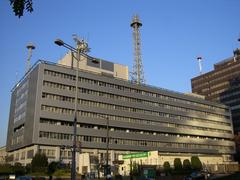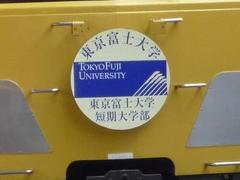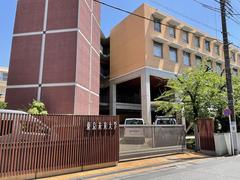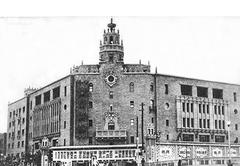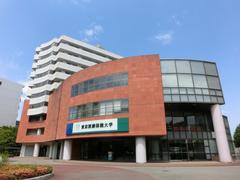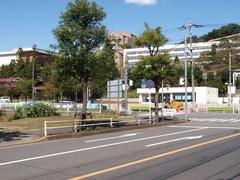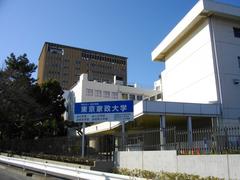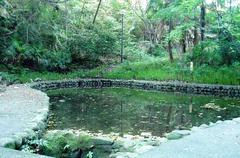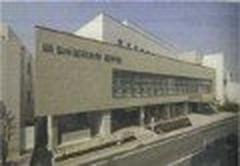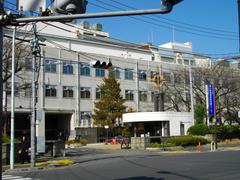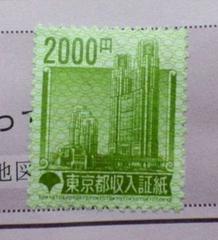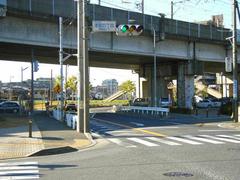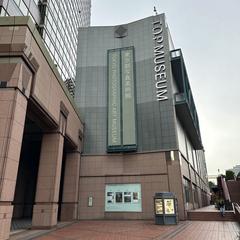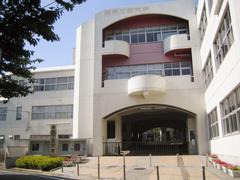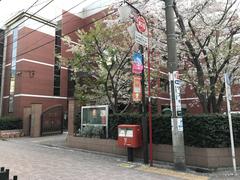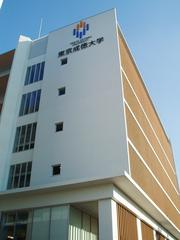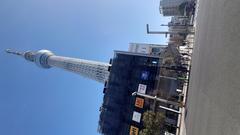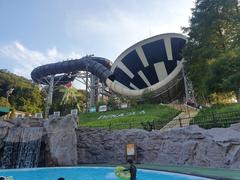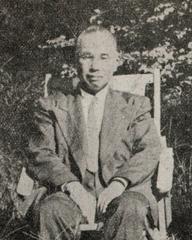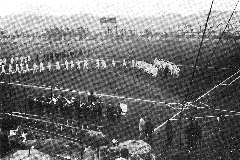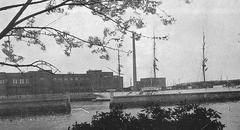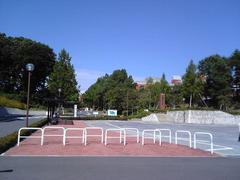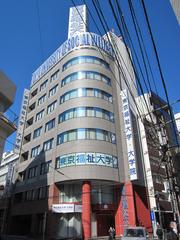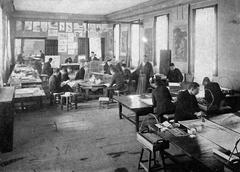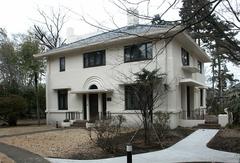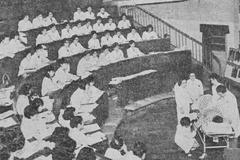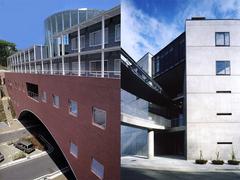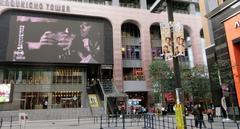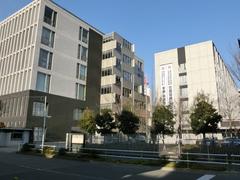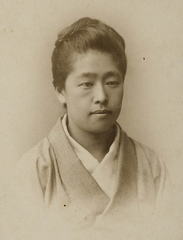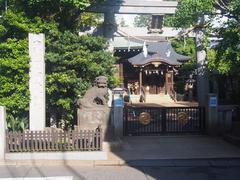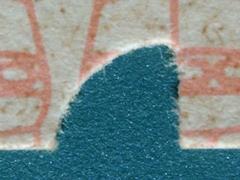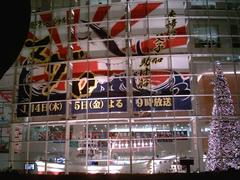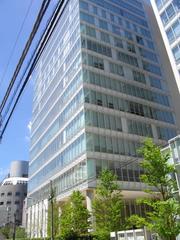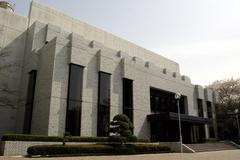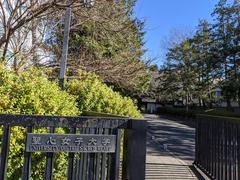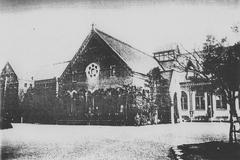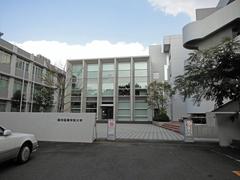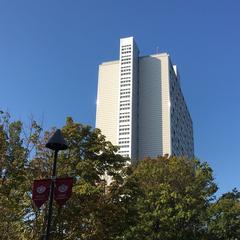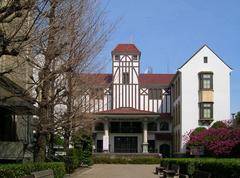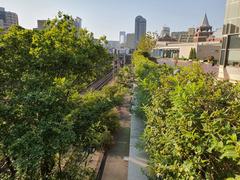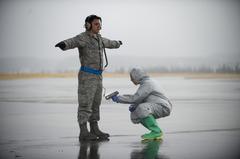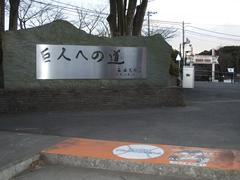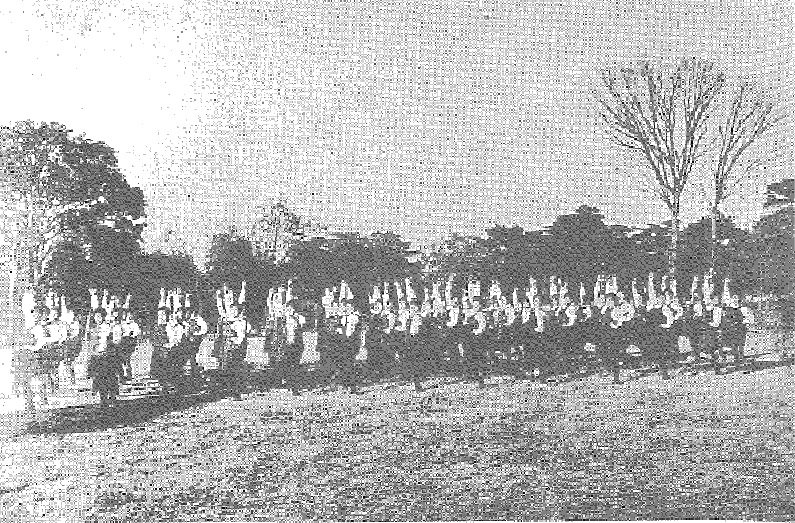
Japan Women’s College of Physical Education Visiting Guide: Tokyo Historical Site Information
Date: 14/06/2025
Introduction: Celebrating a Legacy of Women’s Empowerment in Sports
Situated in Setagaya Ward, Tokyo, the Japan Women’s College of Physical Education (JWCPE) is both a pioneering educational institution and a living symbol of the advancement of women’s physical education in Japan. Founded in 1922 by visionary educator Tokuyo Nikaido, JWCPE has played a crucial role in redefining women’s roles in sports, health, and society. The college has produced trailblazing athletes—including Kinue Hitomi, Japan’s first female Olympic medalist—and continues to promote the philosophy of “women’s sports by women.” Today, JWCPE welcomes visitors interested in history, sports, and culture, offering a unique window into Japan’s journey toward gender equality and athletic excellence.
For up-to-date visitor information, including access, tours, and events, consult the official JWCPE website. Broader historical and tourism context can be found on Tokyo Tourism and educational resources like Educativ.net.
Quick Guide Contents
- Introduction and Significance
- Location and Access
- Visiting Hours and Admission
- Guided Tours and Accessibility
- Historical Overview
- Campus Highlights and Facilities
- Events and Seasonal Activities
- Nearby Attractions
- Visitor FAQs
- Plan Your Visit and Resources
Location and Access
JWCPE is located at 8-19-1 Kitakarasuyama, Setagaya-ku, Tokyo 157-8565. The campus is easily reachable via Tokyo’s comprehensive public transit system:
- By Train: Chitose-Karasuyama Station (Keiō Line) is about a 20-minute walk from campus.
- By Bus: From Chitose-Karasuyama Station, buses run regularly to the campus area. From Kichijōji Station (JR Chūō Line), it’s about 25 minutes by bus (Wikipedia).
- Accessibility: The campus features ramps and elevators for wheelchair users and visitors with mobility needs.
Visiting Hours and Admission
- Campus Visiting Hours: Open campus days and special events are typically scheduled several times a year. For general visits, advance arrangements are recommended.
- Monument Visiting Hours: The JWCPE Monument is open daily from 8:00 AM to 6:00 PM.
- Admission: Free for the campus and monument. Guided tours may require advance booking and sometimes a nominal fee.
For the latest schedules, events, and reservations, contact the Public Relations Office at [email protected] or visit JWCPE Official.
Guided Tours and Accessibility
- Guided Tours: Available by advance reservation in Japanese and English. Tours cover the college’s history, notable alumni, facilities, and the monument.
- Accessibility: Ramps, elevators, and clear signage ensure a welcoming environment for all visitors.
Historical Overview
Foundations and Milestones
JWCPE was born out of the progressive spirit of the Meiji era, when educator Tokuyo Nikaido established the Nikaido Taisojuku, inspired by her studies in the UK. The college championed a holistic approach to women’s physical education, integrating health, nutrition, and personal development (Educativ.net). Early graduates, including Kinue Hitomi, set new standards for women’s participation in Japanese sports.
Evolution and Impact
Initially focused on health and domestic skills, JWCPE evolved to support competitive athletics and the inclusion of women in national and international sports. The institution’s leadership in the postwar era and during landmark events like the 1964 Tokyo Olympics solidified its legacy as a driver of women’s empowerment in Japan (Edarabia).
Campus Highlights and Facilities
Sports and Academic Facilities
- Athletics Track and Field: Used for training and competitions.
- Multiple Gymnasiums: Basketball, volleyball, gymnastics, dance, and martial arts.
- Swimming Pool: For instruction and events.
- Specialized Studios: Dedicated to dance, kendo, naginata, and shorinjikempo.
- Library: Specializing in sports science, women’s studies, and physical education.
- Museum and Exhibition Spaces: Showcasing memorabilia and the rich heritage of women’s sports in Japan.
Some facilities are open to visitors during public events or open campus days.
Clubs and Activities
JWCPE supports over 20 sports clubs and numerous cultural societies, including track, swimming, dance, fencing, and ikebana. Open campus days and festivals offer glimpses into student life and extracurricular activities.
Events and Seasonal Highlights
- Annual Sports Festivals: Vibrant displays of athleticism and community.
- Open Campus Days: Guided tours, sample lectures, and sports demonstrations.
- Commemorative Ceremonies: Held at the monument, celebrating milestones and notable alumni.
Check the academic calendar for event dates.
Monument to Women’s Sports and Education
Located on campus, the JWCPE Monument honors the college’s pioneering role in women’s sports. Designed to symbolize movement and strength, it commemorates achievements of alumni such as Ikuko Yoda and Erika Akiyama, and serves as an inspiration to students and visitors alike.
- Accessibility: Ramps and signage in both Japanese and English.
- Photography: Allowed outdoors; restrictions may apply during events or inside buildings.
Nearby Attractions
Setagaya’s peaceful neighborhoods offer additional cultural experiences:
- Roka Park: Scenic gardens and a literary museum.
- Local Temples: Explore Setagaya’s historical architecture.
- Central Tokyo Sites: Shinjuku Gyoen, Yoyogi Park, and Meiji Shrine are easily accessible (Condé Nast Traveler).
Visitor Tips and Practical Information
- Best Time to Visit: Cherry blossom season (late March–early April) is especially scenic but busy (Never Ending Voyage).
- Language: Some English signage; translation apps recommended.
- Etiquette: Dress modestly, respect privacy, and be mindful of photography rules.
- Transport: Carry cash, as smaller vendors may not accept cards (Travels with Elle).
- Accessibility: Contact the college for assistance if you have mobility needs.
Frequently Asked Questions (FAQ)
Q: What are the visiting hours for JWCPE?
A: Campus access is primarily during open campus days or by arrangement. The Monument is open daily from 8:00 AM to 6:00 PM.
Q: Is there an admission fee?
A: No, admission is free. Some guided tours may have a small fee.
Q: Are guided tours available?
A: Yes, by advance reservation—contact the Public Relations Office.
Q: Is the campus wheelchair accessible?
A: Yes, with ramps and elevators throughout.
Q: Can I take photographs?
A: Yes in outdoor areas; check for restrictions during events or in specific indoor areas.
Plan Your Visit and Stay Connected
- Visit the JWCPE official website for up-to-date information.
- Explore broader Tokyo attractions via Tokyo Tourism.
- For Setagaya community resources, visit the Setagaya Ward site.
- Access further educational context on Educativ.net.
- For travel planning, see Never Ending Voyage and Travels with Elle.
Download the Audiala app for interactive tours and follow our channels for updates on women’s sports, cultural events, and travel tips.
Conclusion: Embrace the History of Women’s Education and Athletics
The Japan Women’s College of Physical Education stands as a testament to the transformative power of education, sports, and women’s empowerment in Japan. Through thoughtfully curated tours, engaging events, and a welcoming campus environment, JWCPE offers visitors a unique opportunity to experience the legacy and future of women’s physical education. Whether you are an academic, a sports enthusiast, or a cultural traveler, a visit to JWCPE adds depth and inspiration to your Tokyo journey.
Plan your visit, immerse yourself in history, and become part of the ongoing story of women’s advancement in Japan.
Sources and Further Reading
- Japan Women’s College of Physical Education Official Website
- JWCPE English Information
- Educativ.net JWCPE page
- Setagaya Ward Tourism Information
- Tokyo Tourism Guide
- Condé Nast Traveler: Best Things to Do in Tokyo
- Never Ending Voyage: Planning a Trip to Japan
- Travels with Elle: Tokyo Travel Tips
- Edarabia: JWCPE Profile
- History of Women’s Sports in Japan
